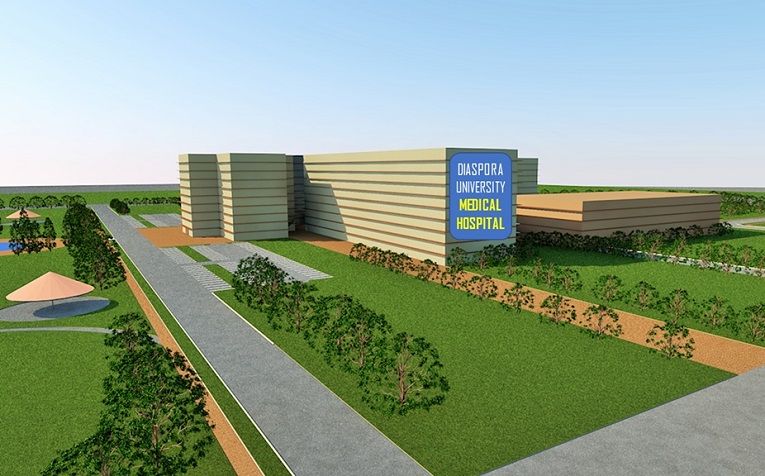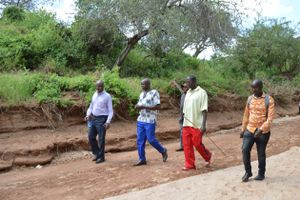One reason that makes Diaspora Kenyans afraid to relocate back to Kenya is the Medical Hospital system. Many Diaspora who have lived and worked in countries with developed medical hospital systems are afraid of relocating back to Kenya and living without the hospital system. In most developed countries, one can initiate a medical emergency from their home and have an ambulance pick them and take them to a hospital emergency department in the shortest time possible. They are assured of high quality medical care in the hospital.
The Diaspora Hospital in Kenya initiative by the Diaspora aims to develop a Hospital with as many medical services as possible. A hospital with high quality buildings. A Hospital that has operational systems and professionals that provide the highest standard of care.
Diaspora Kenyans when establishing over 50 hospital plans are looking at the operational plans of hospitals they have worked in like Mayo Clinic in Rochester, MN; Massachusetts General Hospital in Boston, MA; The Johns Hopkins Hospital in Baltimore, MD and many others. 200 Diaspora Kenyans will become founders of Diaspora University Hospital System.
The Diaspora University Hospital Sustainable plan and budget was created by Dan Kamau the Diaspora University Trust – Executive Trustee and Diaspora University Town – Project Director. As Diaspora University takes in students and persons reside in Diaspora University Town, the hospital budget will grow and reach about Ksh 4 billion. The hospital buildings will be about 100,000 square meters. The system and plan is created based on research of U.S hospitals and the U.S healthcare sustainable system that is today about the U.S. $4.5 trillion or $13,500 per person.
Dr. Wilson Endege of Boston, MA who has worked in the Pharmaceutical sector in Cambridge, MA is spearheading the opening of Daktari Biotechnology Ltd. Medicine and Vaccines. He is joined by other Diaspora Kenyans scientists and others. The company will supply the hospital with medicines and vaccines.
RN Bui Thuo of California joined by other RNs, healthcare professionals and experts have drafted the ICU plan, Emergency plan and other hospital departments and clinic plans. The plans incorporate the patient’s room sizes, the proposed beds, the floor layout, the equipment, the supplies, the doctors, nurses, the waste management, the visitor’s, and other plans.
Medical Doctors, Dr. Philip Mwalali of Raleigh, NC; Dr. Chris Okumu of Reading, UK and others, are preparing the treatment protocols of the hospital, the hospital departments and the specialty clinics.
Architect Prof. David Ogoli of Riverside, CA is working on the building design. He will gradually modify the design as he receives the drafts of the diverse departments, clinics and other services to be incorporated in the buildings.
The 50 plans will achieve the rights the Kenyans awarded themselves in Kenya Constitution article 43. (1) Every person has the right— (a) to the highest attainable standard of health, which includes the right to health care services, including reproductive health care; (2) A person shall not be denied emergency medical treatment.

The 50 plans will include: Emergency Department, Intensive/Critical Care Unit, Inpatient Observation Unit, Trauma Unit, Maternity, Psychiatry, Pediatric, Surgery, Laboratory, Radiology, Pharmacy, Immunology, Infectious diseases, Occupational Therapy, Physical Therapy, Rehabilitation Clinic, Dental Clinic, Obstetrics and Gynecology Clinic, Addiction Clinic, Allergy Clinic, Eye Clinic, Family Clinic, Respiratory Clinic, Urology Clinic, Cardiology Clinic, Endocrinology Clinic, Spine Clinic, Gastroenterology Clinic, Hematology Oncology Clinic, Orthopedics Clinic, Venereology clinic and others.






